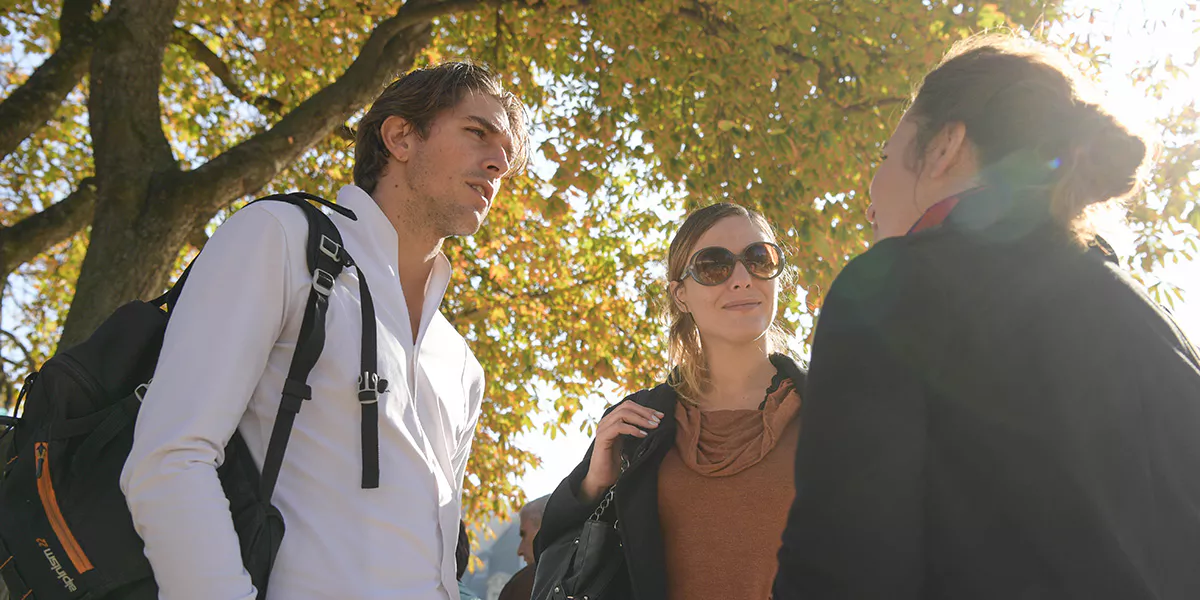Traveling can be an exhilarating experience, opening doors to new cultures, flavors, and sights that enrich our lives and create memories that last a lifetime. As travelers embark on these adventures, a sense of thrill and anticipation often accompanies the uncertainty of the unknown. However, amidst the beauty and wonder that traveling offers, there are also potential risks and challenges that travelers may face.
One of the most common and frustrating aspects of traveling is the prevalence of scams designed to exploit unsuspecting tourists. As such, travelers must be prepared and knowledgeable about common travel scams to avoid falling victim to these deceptive practices.
This article will delve into 11 common travel scams, providing insight into how they work and tips on spotting and avoiding them.
Joys and Challenges of Travel
One of the greatest joys of travel is exploring new places and immersing oneself in different cultures. However, along with the excitement of discovery comes the challenge of dealing with unexpected situations and people. No matter how meticulously we plan our trips, it is almost inevitable that we will encounter unforeseen circumstances, such as delayed flights, lost luggage, or language barriers.
While these challenges can be frustrating, they also teach us valuable lessons in adaptability and resilience as we learn to navigate unfamiliar environments and overcome obstacles. One of the less savory aspects of travel is the potential to become a scam target. Tourists, often seen as easy prey by unscrupulous individuals, may be confronted with dishonest schemes to separate them from their money or possessions.
Common Travel Scams
When exploring new territories, it becomes crucial for travelers to remain vigilant of common travel scams that are targeted at unsuspecting tourists. Acquiring knowledge about these scams and implementing preventive measures can help us safeguard our interests and ensure our travel experience remains pleasant.
The following section highlights 11 common travel scams, illustrations, and suggestions on detecting and evading them.
1. Fake Police Officers
Example: Bangkok, Thailand
In some destinations, scammers pose as police officers to extort money or steal valuables from tourists. It is recommended to always ask for identification and, in case of doubt, insist on being taken to the nearest police station to address any concerns To avoid falling prey to this.
2. Overpriced Taxi Rides
Example: Mexico City, Mexico
Some taxi drivers may take advantage of tourists by charging exorbitant rates or taking unnecessarily long routes. To avoid this scam, use reputable taxi services or rideshare apps that price upfront and track your route.
3. Currency Exchange Scams
Example: Istanbul, Turkey
In some places, unofficial currency exchange offices may offer attractive rates but provide counterfeit or outdated currency. Stick to official exchange offices or ATMs to ensure you receive legitimate currency.
4. Closed Attraction Scams
Example: New Delhi, India
Scammers may claim that a popular attraction is closed and offer to take you to an alternative location, often for a fee. Before believing such claims, check the operating hours of the attraction and verify with multiple sources.
5. Friendship Bracelet Scam
Example: Paris, France
In this scam, a person offers to tie a “friendship bracelet” around your wrist, only to demand payment afterward. To avoid falling for this, politely refuse the offer and continue walking.
6. Fake Petitions and Donation Requests
Example: Rome, Italy
Some scammers may ask you to sign a petition or donate to a fake charity. Refrain from signing anything or giving money on the street to avoid this. Instead, research legitimate organizations if you wish to donate.
7. Overpriced Restaurant Bills
Example: Barcelona, Spain
At some restaurants, tourists may receive a much higher bill than expected. To avoid this scam, check prices and reviews before choosing a restaurant.
8. Spilled Drink or Condiment Scam
Example: Buenos Aires, Argentina
In this scam, a person accidentally spills a drink or condiment on you while an accomplice takes advantage of the distraction to steal your belongings. Stay vigilant and keep your belongings secure at all times.
9. Accommodation Booking Scams
Example: Bali, Indonesia
Some scammers may create fake listings for accommodations or take your money without providing a booking. To avoid this, book through reputable websites and double-check your reservations with the property directly.
10. Broken Camera or Phone Scam
Example: Rio de Janeiro, Brazil
In this scam, a person asks you to take a photo with their camera or phone, only to accuse you of breaking the device and demand compensation. Exercise caution when handling someone else’s device or politely decline the request to avoid this.
11. Fake Guides or Tour Operators
Example: Cairo, Egypt
Some scammers may pose as guides or tour operators, offering attractive deals or exclusive access to attractions, only to provide subpar experiences or even disappear with your money. To avoid this scam, research and book your tours with reputable companies and read reviews from fellow travelers.
Tips on Preventing Travel Scams
While exploring new destinations and immersing oneself in diverse cultures is undeniably enticing, it is essential to remain vigilant and well-informed about the potential risks of traveling. One such risk is the prevalence of travel scams, which can tarnish your experiences and leave you vulnerable in unfamiliar environments.
Here are some practical tips on preventing travel scams, empowering you to confidently navigate the world and create lasting memories.
- Research Your Destination
Before embarking on your trip, thoroughly research your destination, including local customs, common scams, and areas to avoid. Knowledge is power, and being well-informed will help spot potential scams more easily.
- Keep Your Belongings Secure
Always watch your belongings closely and use a secure bag with zippers and locks. It is advisable to store your passport, cash, and credit cards in a concealed pouch or money belt.
- Use Reputable Services
Whether booking accommodations, transportation, or tours, always use reputable providers with positive reviews. It will reduce the risk of falling victim to fake listings or unscrupulous operators.
- Trust Your Instincts
If something feels off or too good to be true, trust your gut and walk away. Your intuition can be a valuable tool in detecting and avoiding scams.
- Be Cautious With Strangers
While it’s natural to want to make friends and engage with locals during your travels, exercise caution when approached by overly friendly strangers, as they may have ulterior motives.
- Verify Information
If someone provides information about a closed attraction or a problem with your accommodations, double-check the information with multiple sources before taking action.
- Negotiate Prices Upfront
When using services like taxis or hiring guides, always negotiate prices upfront to avoid being overcharged later.
- Be Discreet With Your Valuables
Avoid flashing expensive jewelry, electronics, or large sums of cash, as this can attract the attention of potential scammers or thieves.
- Stay Aware of Your Surroundings
Remaining vigilant of one’s surroundings and people nearby is crucial, particularly in crowded or touristy areas where scammers target unsuspecting victims.
- Report Scams
In case of falling victim to a scam, it is recommended to inform the local authorities or your embassy. It will help them track and crack down on scam operations, potentially preventing other travelers from being targeted.
- Learn Some Local Language
Familiarize yourself with basic phrases and words in the local language. It will help you navigate more easily and demonstrate to locals that you are not a naive tourist.
Importance of Communication in Avoiding Travel Scams
Effective communication plays a crucial role in safeguarding yourself against travel scams. By overcoming language barriers, you can better understand the local customs, ask questions, and seek assistance when needed. Moreover, communicating in the local language can make you appear less vulnerable to potential scammers, who often target tourists who seem disoriented or unfamiliar with the surroundings.
Learning a few essential phrases in the local language can empower you to negotiate prices, clarify directions, and verify information provided by strangers. Doing so reduces your risk of scams and enhances your overall travel experience.
To better equip oneself against scammers and prepare for travel, it is recommended to read the Top 10 Languages to Learn When Travelling the World – with Basic Examples. This guide provides a comprehensive list of the most useful languages for the global travel and basic examples and phrases in each language to aid communication. By mastering these key phrases and expressions, travelers can easily navigate new destinations, connect with locals, and safeguard themselves against potential travel scams.
Safeguarding Your Travels from Scams
Travelers must be well-prepared and informed about the potential risks and scams they may encounter on their journeys. Researching your destination, learning essential phrases in the local language, and staying vigilant, can significantly reduce the likelihood of falling victim to travel scams and ensure a more enjoyable experience.
As members of the global travel community, we encourage you to share your experiences and tips with fellow travelers. May your journeys be filled with unforgettable experiences, meaningful connections, and a deeper understanding of our diverse world.

